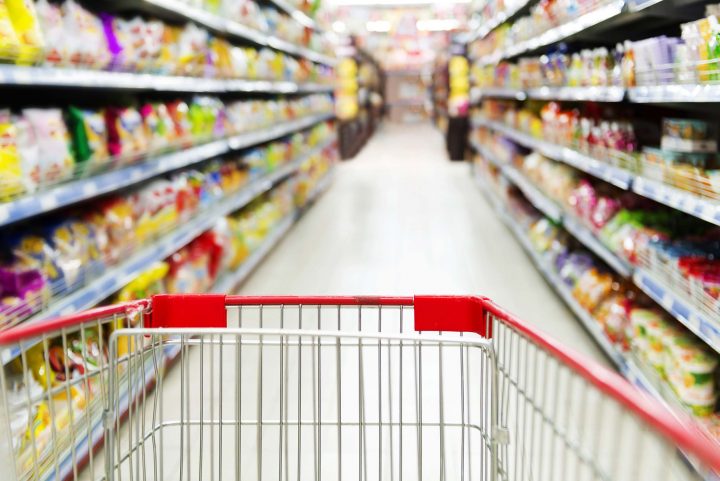The process of determining whether you should toss certain packaging types into the recycling or garbage can can often feel as though you’re trying to solve a mystery. If you find yourself feeling this way, know you’re not alone. Recyclability of packaging can be confusing — different communities have different recycling policies, and recycling and packaging technologies change over time. That’s why we’re here. How2Recycle is the only labeling system that looks at data on a national scale to inform and instruct consumers how to properly dispose of packaging. We hope to correct any common myths and misunderstandings about recycling in order to improve the quality of the recycling stream.
Here’s a list of packaging types that are more recyclable than you may realize.
Aerosol cans: Aerosol cans are recycled in the majority of American communities! As long as the can is empty, the metal is incredibly valuable in the recycling stream.
Juice boxes & other coated cardboard drink containers: In the last few years, there has been significant advances in the recyclability of coated paper cartons. While it is still important to check with local recycling programs, many Americans now have access to recycle this packaging type. Remember to replace plastic caps before recycling if they have one.
Pizza boxes: Pizza boxes are often put in the recycling bin, as they are made of cardboard. If the box is relatively clean and dry, the corrugated board is valuable to the recycling stream. Contact your recycling program and see if they accept pizza boxes. If they do, make sure there aren’t any big food pieces leftover or little plastic cups of sauce left inside and toss it in the recycling.
Plastic bags and plastic wraps: Did you know many park benches are made out of recycled plastic bags and wraps? When you don’t want to use your grocery bag for lugging your lunch to and from work any longer, take it to your local grocery store, market, or shopping center for store drop off to give it another life! Plastic films that are labeled as #2 or #4 or that have the How2Recycle Store Drop-Off label are actually highly recyclable if taken to the store. The problem with plastic bags arises when they are put in curbside recycling bins. At the recycling facilities, the wraps and bags often get wrapped around and caught in the equipment, causing jams and unnecessary strain on the machines and workers. It costs significant time and money for recyclers to turn off the equipment so employees can climb up to cut out the knotted plastic films. An efficient and simple alternative to these challenges is utilizing one of your local store drop-off locations. For an extensive list of what type of packaging is accepted at Store Drop-off, look here.
Plastic caps: How2Recycle ALWAYS encourages consumers to recycle their plastic bottles with caps screwed on properly for many reasons. Loose caps may become litter at any point throughout the transportation process. If a loose cap does make it to a recycling facility, they are often too small to be properly sorted and end up landfilled. By recycling a bottle with the cap on, you are providing the greatest opportunity for the cap to be recycled. Caps on bottles also give light water bottles the weight it needs to ensure that it’ll be properly sorted with plastics rather than paper! Even if your local recycling program instructs “caps off,” consider being rebellious – leave them on to maximize the opportunity for material recovery.
Because recycling is not yet consistent on the national, or even state level, recycling messages can be conflicting and confusing. What may be accepted in one community may not necessarily be accepted in another. Further, what is accepted in any given program can change over time. The How2Recycle label can shed light on the ambiguity of recycling. Recycling shouldn’t be a mystery and with greater clarity comes improved recycling behavior. With improved recycling behavior comes an improved recycling stream both in size and quality. With an improved recycling stream, recycled material in new products become a more cost effective option. Knowledge is power, and knowing what is readily recyclable has the power to give old waste a new life.


